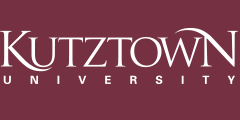Journal of Counselor Preparation and Supervision
Document Type
Article
Keywords
Technology, counselor education, self-efficacy, technology gap, non-traditional students
Abstract
As advancements in technology continue to revolutionize the field of counseling, certain populations of students still encounter difficulties incorporating technology in the classroom. Non-traditional students, many who possesses years of professional experience, struggle academically due to a lack of technological expertise and knowledge. Low technological expertise potentially decreases students’ self-efficacy, enjoyment, and performance (Baturay & Bay, 2010). Consequently, it is imperative that counselor educators use a variety of strategies with non-traditional students struggling with technology. Thus, the purpose of this article is to propose guidelines encompassing self-efficacy, the evolution of technology and competencies required for assisting students in the classroom.
DOI
http://dx.doi.org/10.7729/31.1023
Recommended Citation
Burt, I., Gonzalez, T., Swank, J., & Ascher, D. L. (2011). Addressing the Technology Gap in Counselor Education: Identification of Characteristics in Students that Affect Learning in College Classrooms. Journal of Counselor Preparation and Supervision, 3(1). http://dx.doi.org/10.7729/31.1023
Included in
Higher Education Commons, Other Social and Behavioral Sciences Commons, Student Counseling and Personnel Services Commons


